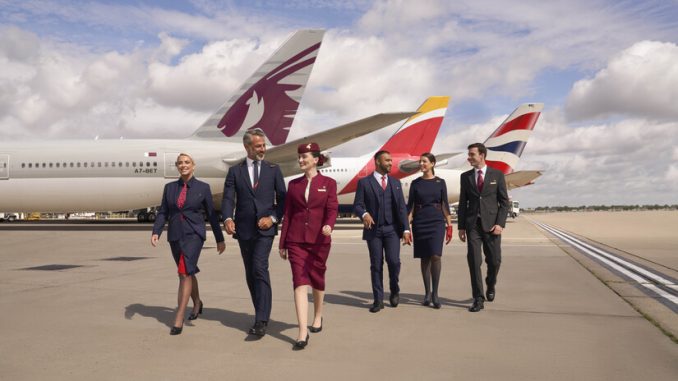
Foreign airlines have refuted the Central Bank of Nigeria’s (CBN) claims of having cleared all trapped airline funds in its possession.
The President of the Association of Foreign Airlines and Representatives in Nigeria (AFARN), Kingsley Nwokeoma, voiced doubts about the CBN’s assertion and called for tangible evidence of payment.
Nwokeoma stressed the need for transparency and stated that foreign airlines had stopped releasing low inventory tickets due to the backlog of trapped funds. He demanded that the CBN provide figures and evidence of payment to substantiate its claim.
While the CBN had previously announced the payment of $1.5 billion to settle obligations, Nwokeoma maintained that the airlines were still owed money and requested clarification on the amount cleared.
However, Bankole Bernard, the General Managing Director of Flinchglow Holdings Limited and former President of the National Association of Nigeria Travel Agencies (NANTA), supported the CBN’s position. He explained that the remaining revenues of the airlines were held by commercial banks, and to repatriate those funds, the airlines would need to buy dollars from the Investors and Exporters (I & E) window.
Bernard clarified that the CBN had paid the funds that were with them prior to the change in policy, and the airlines would need to settle with the commercial banks where their money was kept. He attributed the airlines’ decision to keep their revenues in Naira to the depreciation of the currency against the dollar.
According to Bernard, the CBN had cleared what was in its books, and any remaining funds were to be cleared with the commercial banks. He explained that the commercial banks were using their own liquidity for transactions and might face challenges in obtaining the required dollars. As a result, the airlines’ revenues remained trapped, leading to the suspension of low inventory ticket sales.
The International Air Transport Association (IATA) had previously acknowledged that airlines’ revenues were trapped in the commercial banks, with approximately $700 million remaining blocked. IATA expressed the need to address the issue fully and highlighted the impact of the devaluation of the Nigerian Naira.
While IATA’s representative in Nigeria confirmed that there was no disagreement with the CBN, the organization planned to issue a statement after further examination of the matter.
It is worth noting that Nigeria, along with Bangladesh, Algeria, Pakistan, and Lebanon, accounted for a significant portion of the blocked funds.











